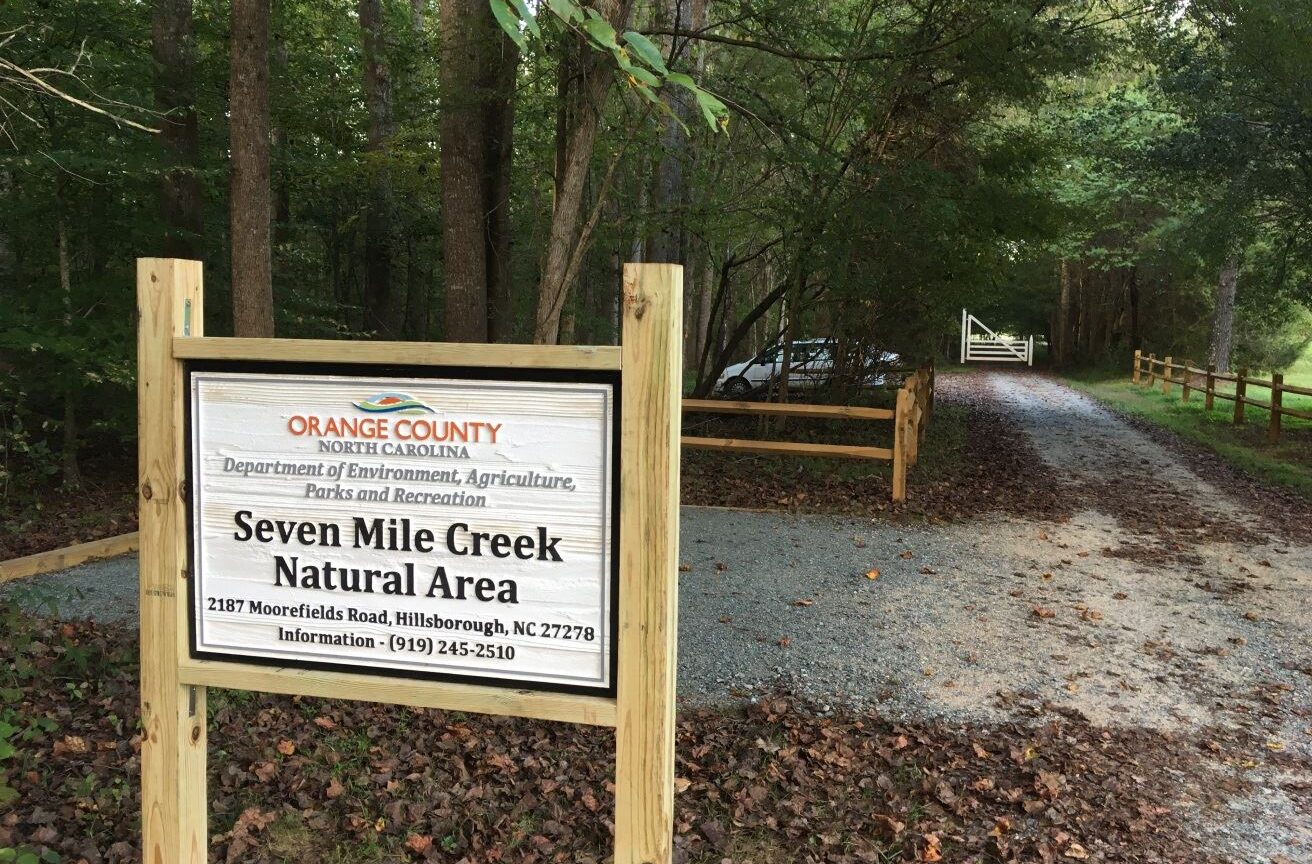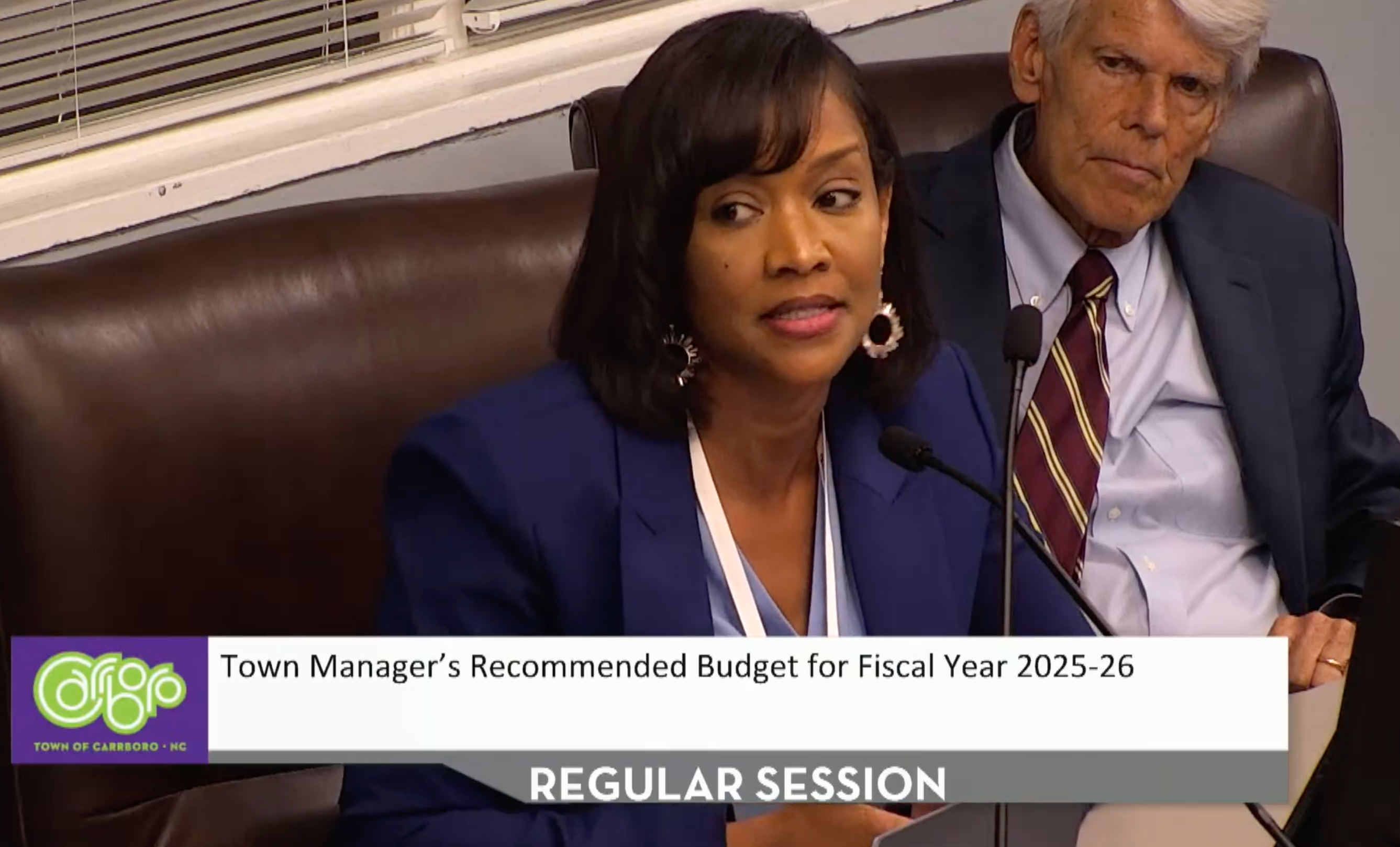Orange County currently charges an “impact fee” on developers to pay for a portion of the cost of providing public services to proposed developments. Impact fees in the county are used for school construction and expansion.
But the Orange County Board of Commissioners is reverting its impact fee levels back to the way they were from 2012 to 2016. The board voted to do so at its meeting Tuesday.
“What this does is it would roll back those fee increases that were adopted and actually some fee reductions that were adopted in November of last year and would put back in place the fees that were in existence from 2012 to December 31, 2016,” said Orange County attorney John Roberts.
Roberts said amending the ordinance is in response to two bills being considered in the North Carolina General Assembly that could impact Orange County funding sources.
“The General Assembly is studying impact fees or may be studying impact fees if the bills pass to determine whether or not it’s appropriate for cities and counties to have this,” he said. “And in the meantime, we don’t want to encourage them to strip the authority in any way.”
House Bills 406 and 436 are both being heard in the Senate. House Bill 436 was introduced by Mount Airy Republican Sarah Stevens. It initially proposed to repeal all impact fees imposed by local governments in the state. However, the final version as it passed in the House of Representatives rolled the fee levels back to the level they were in June 2016, and also put a moratorium for one year on raising the fees. The General Assembly would then use that year to study impact fees and come back with further direction.
However, House Bill 406 targets Orange County specifically. It was also introduced by Stevens and repeals the county’s authority to impose separate impact fees to go toward the school construction costs.
Mark Dorosin is the Chair of the Board and said by amending Orange County’s impact fee ordinance, he hopes it will convince the General Assembly to drop the second bill.
“It’s conceivably a show of good faith,” he said. “Maybe that the one that specifically seems to be retribution against Orange County for the bill we passed will go by the wayside and this statewide study bill will go forward.”
The Board passed the amendment six-to-one, with Commissioner Penny Rich as the only one opposed. Rich said the Board changed the impact fees in 2016 for a reason, and the county should keep them the way they are.
“I think this was data intensive,” she said. “I think Orange County did its due diligence, and I think we had a lot of discussion about this and we came up with a good conclusion and I don’t think what we’re doing is right, and I’ve got to vote with my conscience.”
Roberts said in his presentation Tuesday that along with the General Assembly if House Bill 436 passes, Orange County will also study and collect data about impact fees.
“If the board passes this tonight, that’s also what Orange County staff’s going to do,” he said. “… Look at this and look some more at the data and see if something can be done differently.”









